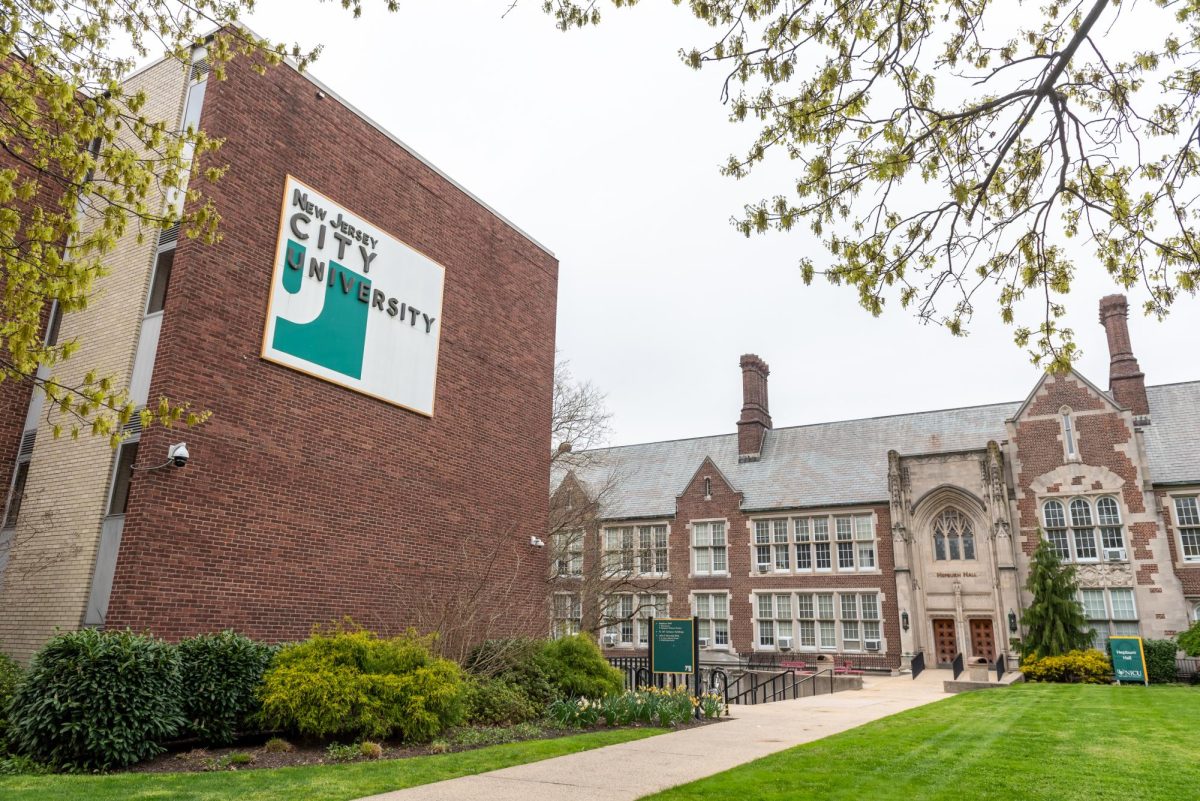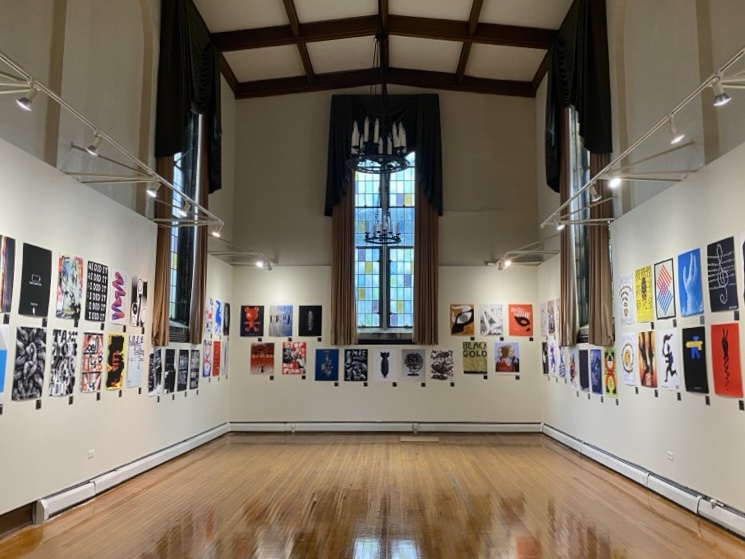By Katherine Guest and Monir Khilla —
New Jersey City University (NJCU) recently purchased brand new tablets for the Board of Trustees (BOT) meetings. The purchases are an attempt to save money in paper costs. However, students are upset that the money isn’t being used to repair technological shortcomings on campus.
University President Hernandez confirmed he was the ultimate decision maker when it came to the purchase of the tablets. He also consulted with Rafael Perez, Chair of the Board. There was no official vote during the Board of Trustees meetings.
“I am promoting environmentalism,” said President Hernandez.
When asked how many members received the tablets, Hernandez said nine.
However, upon further investigation there were a total of 15 tablets ordered.
In an e-mail interview, Phyllis Szani. Assistant Vice President for Information Technology (IT), confirmed the purchase of 15 tablets and said, “The tablets are housed in the IT department in a secure location. The IT department is responsible for repairs. The tablets are made available by IT staff and retrieved thereafter [the BOT meeting]. The tablets are used by the board members only during the board meeting.”
The 15 new 32GB Samsung Galaxy 10.1 tablets were first used during the December 2011 BOT meeting. The market price for the tablet is $589. The total cost for all the tablets is $8,835.
The average tablet life expectancy is no more than three to five years
According to Edward Whittaker, Board of Trustee member, the BOT meets five times, annually.
“Ultimately I assume and hope it saves money in the long run. If in the end it doesn’t save money, it’s not worth it. We’ll see in the long run,” said Perez.
When asked about how this helps solve the university’s budget problems, Whittaker said, “The board and President are trying their best to mitigate the situation with the budget.”
However, President Hernandez said, “Since the 21st century is the ‘technology era’ [we] will continue to use the tablets even if the cost doesn’t balance from the usual briefing books.” President Hernandez also said, “Since the Board of Trustee members are volunteers, they deserved the tablets.”
President Hernandez explained how the Samsung tablets do not affect and are not related to courses and financial aid. The funds came from the Information Technology department.
However, student technology fees do go to the IT department budget.
According to the NJCU website, technology fees are supposed to “support[s] the computing infrastructure throughout the University including maintaining and updating the labs, student computer accounts and internet/networking connections including wireless connections.”
“To use these tablets five times a year? [Screw] that!” said Juan Castro, 22, Modern Languages major from Bayonne. “They could use the money to fix stuff around campus.”
According to Castro, the SMART board in his Civilization II class is broken.
Castro said, “The professor would switch classrooms in the middle of the class, every week, and every class to show a power point presentation.”
Edwin Escoto, 20, Chemistry major, from West New York also had the same problem in his Human Intercultural Relations class.
“I’ve had classes where I changed rooms because projectors don’t work, or SMART boards,” said Escoto. “It’s ridiculous, you’re only going to use [the tablets] five times a year.”
Karen DeSoto, Board of Trustee member, defended the move and said that, “This is to reduce paper consumption. Depending on how many resolutions, some packets can be upward of hundreds of pages. I think it will save time. It will be more efficient for members to access information more quickly.”
Christopher Noboa, 21, criminal justice major from Union City said, “Just recycle the paper after every meeting. Instead of throwing it in the garbage, just recycle. Have meetings in rooms with computers.”
Noboa also said that the BOT members can rent laptops from the computer lab.
“Why can’t they do that?” questioned Noboa.
Board of Trustee member Henry Coleman said, “I can’t imagine why they wouldn’t save money. You save money because there is less time for staff to make copies.”
President Hernandez also considered the major time factor. It takes two staff members to carry the briefing books to the board meetings, per meeting. Less time consumption gives more time for staff and administration to discuss and resolve NJCU issues.
Scarlett Santiago, 22, Psychology major from North Bergen found the purchase of the tablets to be “Hypocritical. They’re telling most of the professors not to print out syllabuses. Call me old school, but I like paper. They have to find other ways to save money.”
According to Santiago, professors are instead using blackboard and email, which isn’t easily accessible for all students.
Janice Zizzachero, Secretary of the President of Saint Peters College said that the college has not funded tablets for their Board of Trustees meetings. Instead members use their personal tablets or laptops, usually Saint Peter’s hands out papered pamphlets.
Rutgers University’s board also did not purchase electronic tablets during the meetings, according to their Assistant Secretary of the President.
“Don’t buy tablets!” exclaimed Castro. “Let them buy them themselves rather than using the funds. Maybe a power point presentation. That’s classic.”













